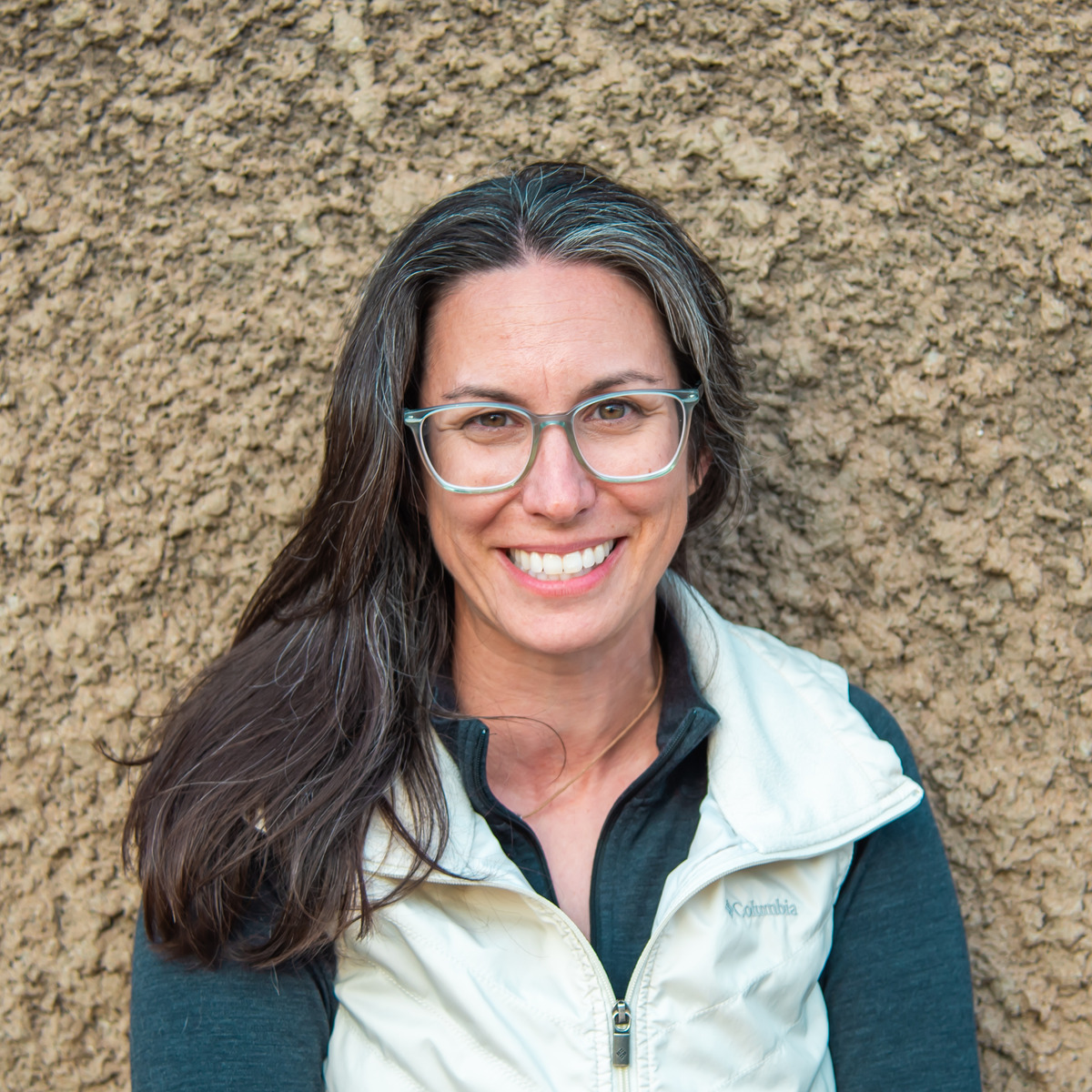Julie LesnikNobel Conference 59

Julie Lesnik
Associate Professor of Anthropology, Wayne State University
Latitude and attitude: Environmental and cultural impacts on the perception of insects as food
We are currently facing a global food and nutrition crisis. In 2022, approximately 493 million people in 79 countries were food insecure, with inadequate nutrition and calories provided by precarious systems of food production and distribution. The reasons for this global food insecurity are numerous, but some of the major causes include exponential human population growth, civil war and international conflict, extreme poverty, the health and economic impacts of the Covid-19 pandemic, and extreme weather related to climate change, which is wreaking havoc on agricultural production, particularly in the Global South. Experts predict this food crisis will only get worse over the next ten years. Among the many solutions currently being pursued, one of the most promising is entomophagy, or the human consumption of insects.
Entomophagy is the focus of Dr. Julie Lesnik’s research. Over the past 16 years, she has studied the global history and pre-history of insect consumption, the reasons why the Western world abandoned the practice, and what must be done to overcome our entomophobia (fear of insects) if we are to take advantage of insects as a food source. Her approach is multidisciplinary, combining primatology, sociocultural anthropology, paleoanthropology, and reproductive physiology. Her recent book, Edible Insects and Human Evolution, was published in 2018.
Dr. Lesnik is associate professor of biological anthropology at Wayne State University in Michigan. In addition to conducting research and teaching courses on biological anthropology, food and culture, and biology and culture, Dr. Lesnik has appeared on numerous radio talk shows, organized several edible insects events for the public, provided expert testimony for government policy relating to insects as safe food, and served on the board of directors for Little Herds, a nonprofit organization for edible insects education. She received her Ph.D. in Anthropology from the University of Michigan.
Her talk: Throughout human evolutionary history, insects have played a vital role in our diets. However, the consumption patterns observed today are influenced not only by local environments but also by the lasting impacts of colonial history. This talk delves into the effects of these factors on our perceptions of insects as food, particularly within the United States. Colonial narratives portrayed insect consumption as animalistic or beast-like, which allowed colonizers to justify the exploitation and enslavement of colonized populations. There is still a sense that eating insects is 'uncivilized,' perpetuating a stereotype hundreds of years old. To understand insects as a food source, it is crucial to challenge these biased narratives and adopt a perspective that recognizes insects and humans as parts of the same ecosystem. By embracing a decolonized or anti-colonial viewpoint, we can appreciate the nutritional and environmental benefits that insect consumption offers and their potential contribution to solving global food challenges. This perspective also acknowledges that current sustainability practices often overlook the institutionalization of underlying problems. Embracing insects as food challenges these systems and fosters a vision of a transformative food future.